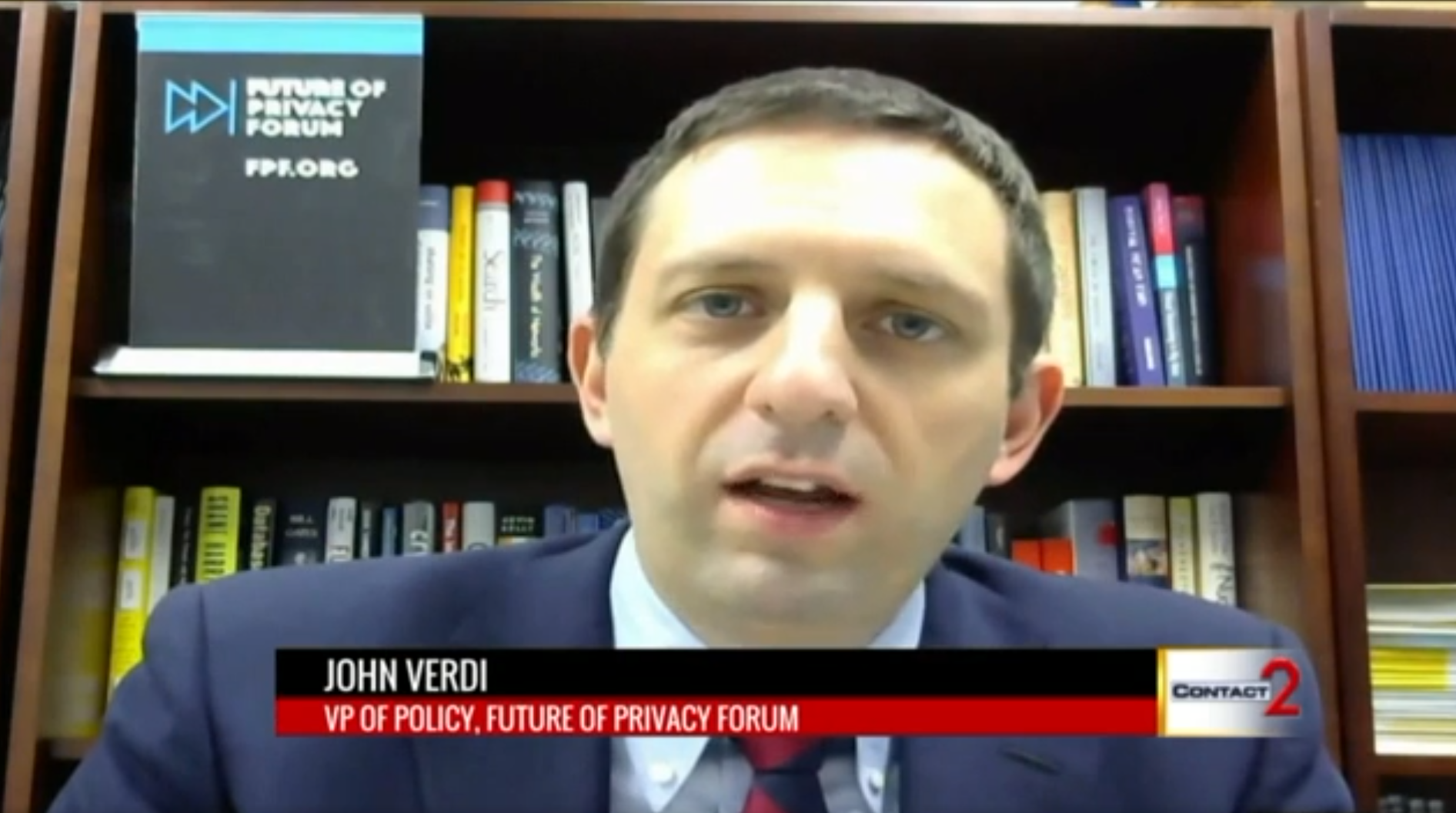
Smart Communities: A Conversation with Kelsey Finch
One of FPF Policy Counsel Kelsey Finch’s areas of focus is Smart Communities, a field which draws from many of FPF’s issue areas. From her Seattle office, she has the opportunity to do hands-on work with cities in the Pacific Northwest. Last year, she worked with city officials on Seattle’s first Open Data Risk Assessment, […]

AI and Machine Learning: Perspectives with FPF’s Brenda Leong
As we prepare to toast our 10th anniversary, we’re hearing from FPF policy experts about important privacy issues. Today, Brenda Leong, FPF Senior Counsel and Director of Strategy, is sharing her perspective on AI and machine learning. Brenda also manages the FPF portfolio on biometrics, particularly facial recognition, and oversees strategic planning for the organization.Tell […]

The Future of Mobility in a Connected World: FPF’s Lauren Smith on Connected Cars, Data, and more
FPF is celebrating our tenth anniversary. In recognition of this milestone, FPF policy experts will be sharing their thoughts on FPF’s progress and the work ahead in a series of blogs over the coming weeks. Our 10th anniversary celebration will be on April 30. RSVP here. This week, Policy Counsel Lauren Smith discusses connected cars and […]

Privacy Papers 2018: Spotlight on the Winning Authors
Today, FPF announced the winners of the 9th Annual Privacy Papers for Policymakers (PPPM) Award. This Award recognizes leading privacy scholarship that is relevant to policymakers in the United States Congress, at U.S. federal agencies, and for data protection authorities abroad. From many nominated privacy-related papers published in the last year, five were selected by Finalist […]

AI and Machine Learning: Ethics, Governance, and Compliance Resources
The legal and regulatory landscape for AI and ML systems is changing rapidly. The list of resources here reflects the leading thinking from academics, regulatory agencies, and on-going projects and studies to provide the best guidance to commercial and public entities on implementing AI into their products and services. I. General AI & Ethics Resources […]

AI and Machine Learning: Educational Resources
Content Areas Interactive Explanations and Courses News, Reports, and Other Media International Resources Books Interactive Explanations and Courses Google Machine Learning 101 – A comprehensive overview of AI and machine learning with numerous resources for additional research. Intro to Machine Learning – A detailed, video-based, interactive course into ML concepts. Prerequisites include strong algebra skills […]

FPF Launches Israel Tech Policy Institute
Last week, we launched The Israel Tech Policy Institute, an incubator for tech policy leadership and scholarship, advancing ethical practices in support of emerging technologies. Co-founded by Jules Polonetsky, CEO of the Future of Privacy Forum, and Omer Tene, an Israeli law professor and VP and Chief Knowledge Office at the International Association of Privacy Professionals, the Israel Technology Policy Institute is a new think tank established to provoke, convene and lead policy discussions and support research on privacy, cybersecurity and ethical use of technologies.

Where Are They Now? FPF Trains a New Generation of Privacy Leaders
FPF offers up-and-coming privacy professionals fellowship opportunities, often giving college graduates experience in the privacy world. In this post, we will take a look at some of FPF’s former employees who have gone on to impressive privacy careers.

The Top 10: Student Privacy News (October-November 2017)
The Future of Privacy Forum tracks student privacy news very closely, and shares relevant news stories with our newsletter subscribers. Approximately every month, we post “The Top 10,” a blog with our top student privacy stories.

John Verdi Talks Connected Devices with Fox 2 St. Louis
“What data is being transmitted and what data is being used really depends on the device,” Verdi said. “They can offload that information from the device to servers on the internet that are either controlled by the companies or third parties and there’s some processing that can happen there.”
